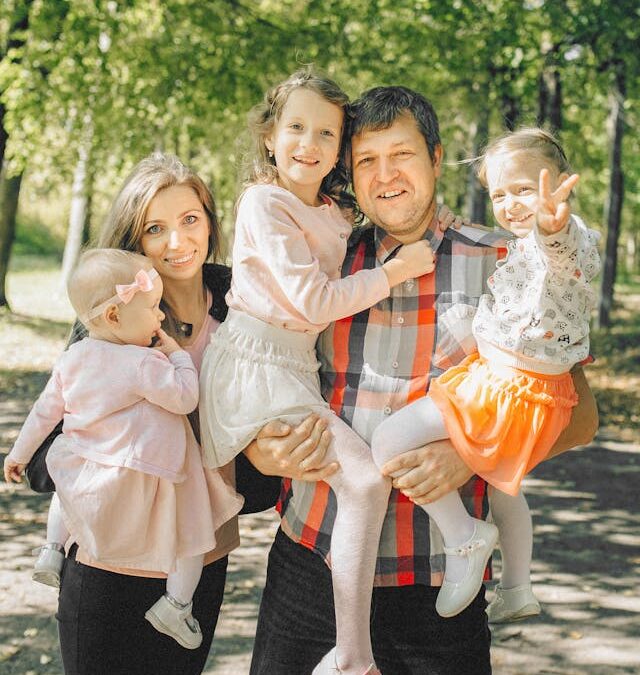My experience working with blended families is relatively extensive. What I have found to be shared among them all is that each is unique. Their uniqueness comes from the number and ages of the children, the attitudes and relationships between them, ex-spouses, former in-laws, new in-laws, and existing and new aunts and uncles … it can become quite complex. One thing is certain, though: if ANY family needs an estate plan, it is the blended family if there is no other reason than the increased challenges and potential for legal problems. A few tips about estate planning for blended families are:
Tip #1: Share your plan with key family members to ensure everyone is on the same page and avoid misunderstandings.
Tip #2: Be very clear in specifying who will inherit your assets, including children from former relationships. If there are any concerns about how your current spouse or stepchildren will handle the distribution, it may be a good idea to use a trust to ensure assets are distributed according to your wishes.
Tip #3 It should go without saying, but it needs to be said that you REALLY need a will. If you don’t have a legally accepted will when you die (which is called dying intestate), the State might step in and make decisions on your behalf. You don’t want that – do you?
Tip #4 If you wish to include stepchildren as beneficiaries, you must explicitly state this in your estate plan. Without clear instructions, stepchildren may not receive any inheritance under state laws.
Tip #5 Consider establishing trusts specifically for the benefit of your blended family members. These trusts can provide for your spouse during their lifetime while ensuring that assets ultimately pass to your biological or adopted children.
Of course, there are several other tips for planning for blended families, and I’d be happy to share them with you to ensure you have the best estate plan possible for your blended family. Call at 513-399-7526 or schedule a consultation through my website at www.davidlefton.com.



